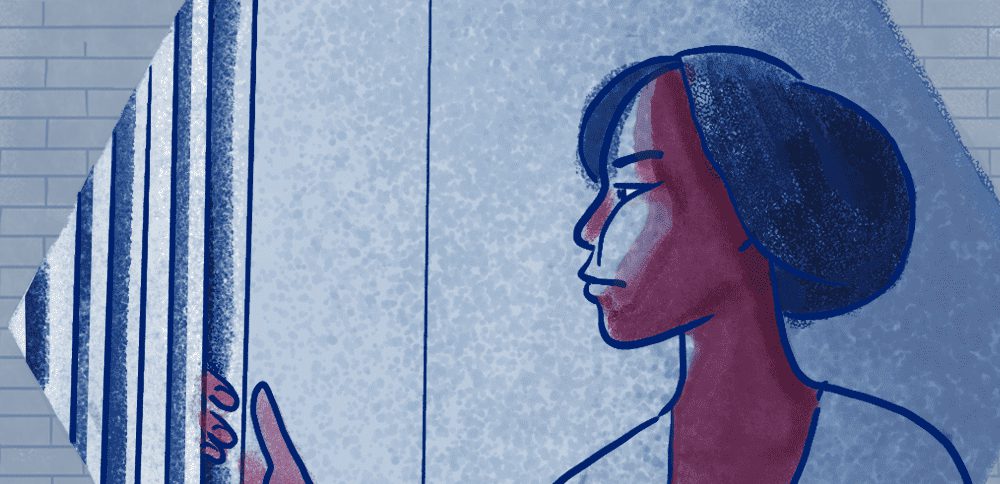Katherine* is one of thousands of Kenyan women who migrate to Saudi Arabia each year for jobs as domestic workers in private households. She was recruited through an agent who sold her a dream of economic fortunes, which fast turned into a nightmare of human rights abuse.
The abuses faced by migrant domestic workers are enabled by their exclusion from Saudi Arabia’s labour laws, poor enforcement of existing regulations, structural racism embedded in the country’s kafala sponsorship system and the legacies of slavery and colonialism that continue to manifest in human rights abuses today. Migrant domestic workers remain among the least protected, despite being essential to the functioning of households and the broader economies in both countries.
Here, Katherine, reveals what life was like as a domestic worker in Saudi Arabia for two years, and what she thinks the Kenyan and Saudi authorities can do to end the exploitation of domestic workers and the structural discrimination they face as Black African women.
 8·21 hours ago
8·21 hours ago

